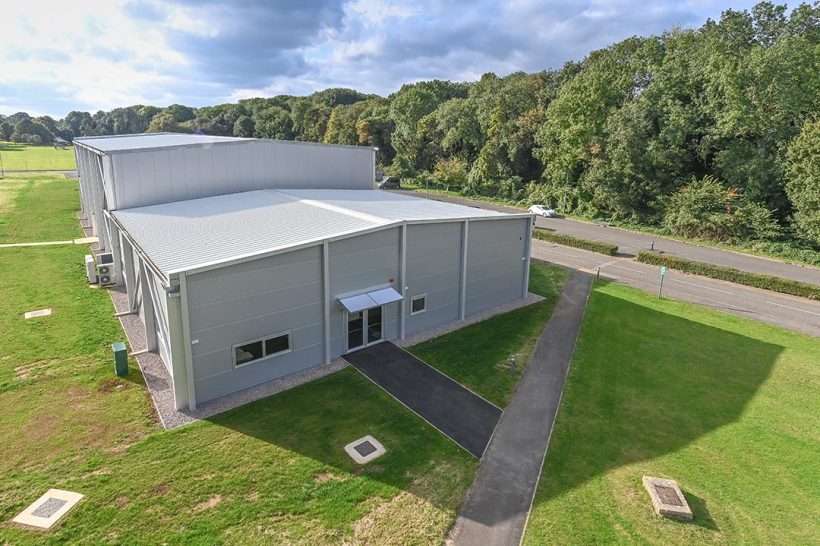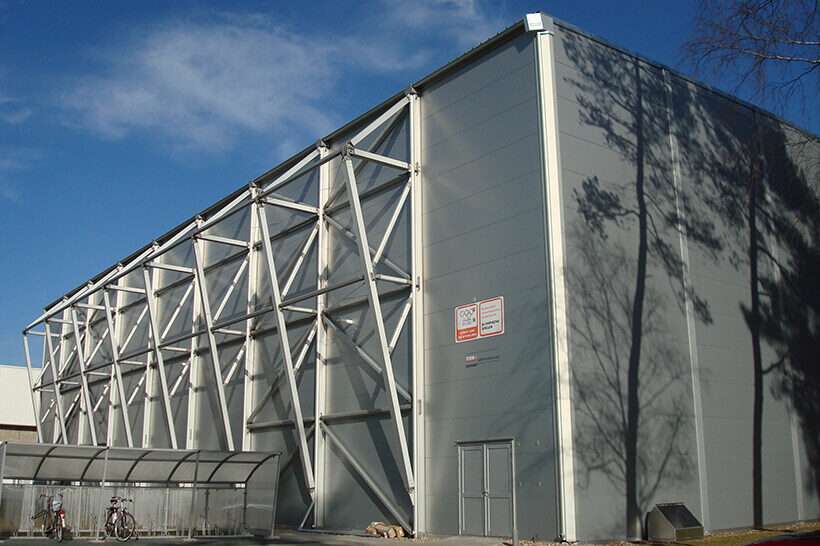
Short-lived structures, likewise called portable or modular structures, are structures that are created to be quickly put together, taken apart, and moved. They are ending up being significantly popular in different markets and sectors due to their flexibility and versatility. In addition to their useful benefits, short-lived structures likewise provide many ecological advantages. This short article will check out the factors behind the growing appeal of short-lived structures and highlight their favorable effect on the environment.
Advantages of short-lived structures
Lowered building waste:
Short-lived structures are generally built off-site, in regulated factory environments. This off-site building method decreases the quantity of waste created on-site compared to standard structure approaches. With cautious preparation and accuracy, short-lived structures can be built with very little product waste. Additionally, makers frequently utilize recyclable or recyclable products, even more minimizing the ecological effect connected with building.
Lower energy intake:
Short-lived structures are generally smaller sized in size compared to long-term structures, which naturally leads to lower energy intake. The decreased square video indicates there is less area to heat, cool, and brighten, resulting in lower energy needs. In addition, short-lived structures frequently have less insulation than long-term structures, which indicates they need less energy for temperature level guideline. This energy performance equates into decreased greenhouse gas emissions and a smaller sized carbon footprint.
Lowered ecological effect:
The building of short-lived structures needs less resources compared to long-term structures. They make use of less basic materials, take in less water, and need less land for their setup. Short-lived structures are created to be quickly put together and taken apart, enabling the reuse of elements and decreasing waste. This flexibility and reusability add to a smaller sized ecological footprint and a more sustainable building method.

Other ecological advantages:
Short-lived structures provide extra ecological advantages beyond decreased waste and energy consumptio n. Due to their mobility, they can be quickly moved as required. This versatility assists avoid urban spread by making use of existing facilities and land more effectively. Additionally, short-lived structures can be utilized to supply instant and short-lived real estate services for people and neighborhoods impacted by natural catastrophes or other emergency situation circumstances. This ability decreases the requirement for building brand-new long-term structures and assists reduce the stress on resources.
Short-lived structures provide an engaging option to standard long-term structures, using many ecological advantages. They add to squander decrease through off-site building and using recyclable products. Their smaller sized size and decreased insulation lead to lower energy intake and greenhouse gas emissions. In addition, their building procedure needs less resources, less land, and less water, decreasing ecological effect. The flexibility and mobility of short-lived structures even more support sustainable practices by minimizing urban spread and supplying short-lived real estate services.
If you are thinking about the building of a momentary structure, it is essential to pick one that is made from sustainable products and has a low ecological effect. Lots of business concentrate on supplying sustainable short-lived structure services, making sure that your job lines up with eco-friendly practices. By picking a sustainable alternative, you can add to a greener future and show your dedication to ecological stewardship.